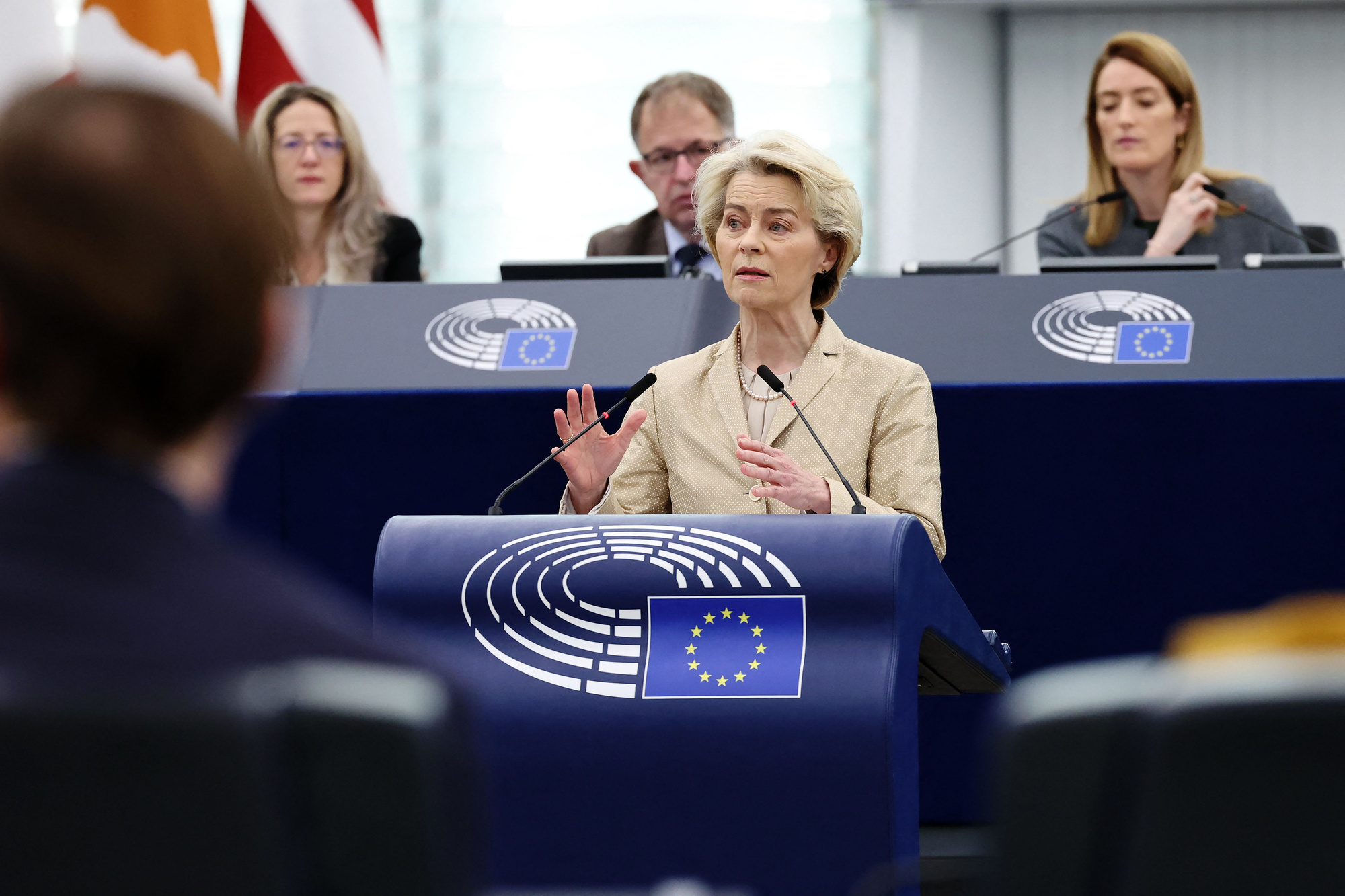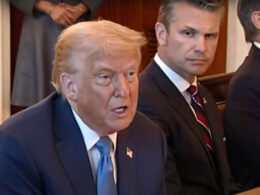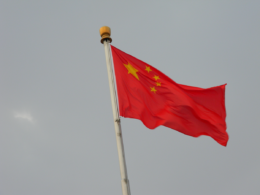According to Politico, several countries sympathetic to Russia, including China, Saudi Arabia and Indonesia, are pressuring the EU behind closed doors to drop the idea of confiscating Russia's frozen assets.
By doing so, these countries are pushing the EU to continue resisting pressure from the US and U.K. to seize more than €200 billion of Russian state assets, which the EU immobilized after February 2022's full-scale invasion of Ukraine.
According to sources close to Politico, China, Saudi Arabia and Indonesia are skeptical of the idea.
The concern is, “this would create a precedent” ― in other words, these countries would fear they could be next to lose out.
For the time being, the idea of confiscating Russian assets will not be implemented, as particularly Western EU countries are refusing to give in on the matter, for fear of any legal ramifications and possible destabilization within the eurozone.
In addition, there is a fear that taking such a step would decrease trust in Western financial institutions, as reported by The Guardian. Additionally, there are concerns in some quarters that Moscow might retaliate against European business interests in Russia.
It is likely for this reason that Ursula von der Leyen, head of the European Commission, has put forward the idea of taking only a smaller part of the assets to fund Ukrainian arms deliveries.
The matter is up for discussion at next month's meeting of G7 finance ministers. However, the question remains whether these countries are acting on their fear of creating a precedent, or whether they could be acting on Putin's behalf in persuading Brussels to think again, as one senior diplomat from a non-EU country mentioned.
“I would admit that the Russians could have asked their friends to create this fuss.”
Originally, the EU aimed to deploy frozen Russian assets to compensate Ukraine for the damage caused by Russian aggression, with up to 3 billion euros per year. According to Ukrinform, frozen Russian assets within the EU consist of 37 billion euros of private and 208 billion euros of state assets.
One European official said that they expect European leaders to provide a political steer on how to use the funds, but it will take time as legal assessments are being conducted.
Read more:
- Politico: EU retains €5 billion Russian frozen asset profits, blocks transfer to Ukraine
- Bloomberg: US proposes $50 billion bond to support Ukraine with frozen Russian assets
- Austrian chancellor opposes using profits from frozen Russian assets to finance weapons for Ukraine
- Borrell to submit plan for using frozen Russian asset revenues for Ukraine weapons





